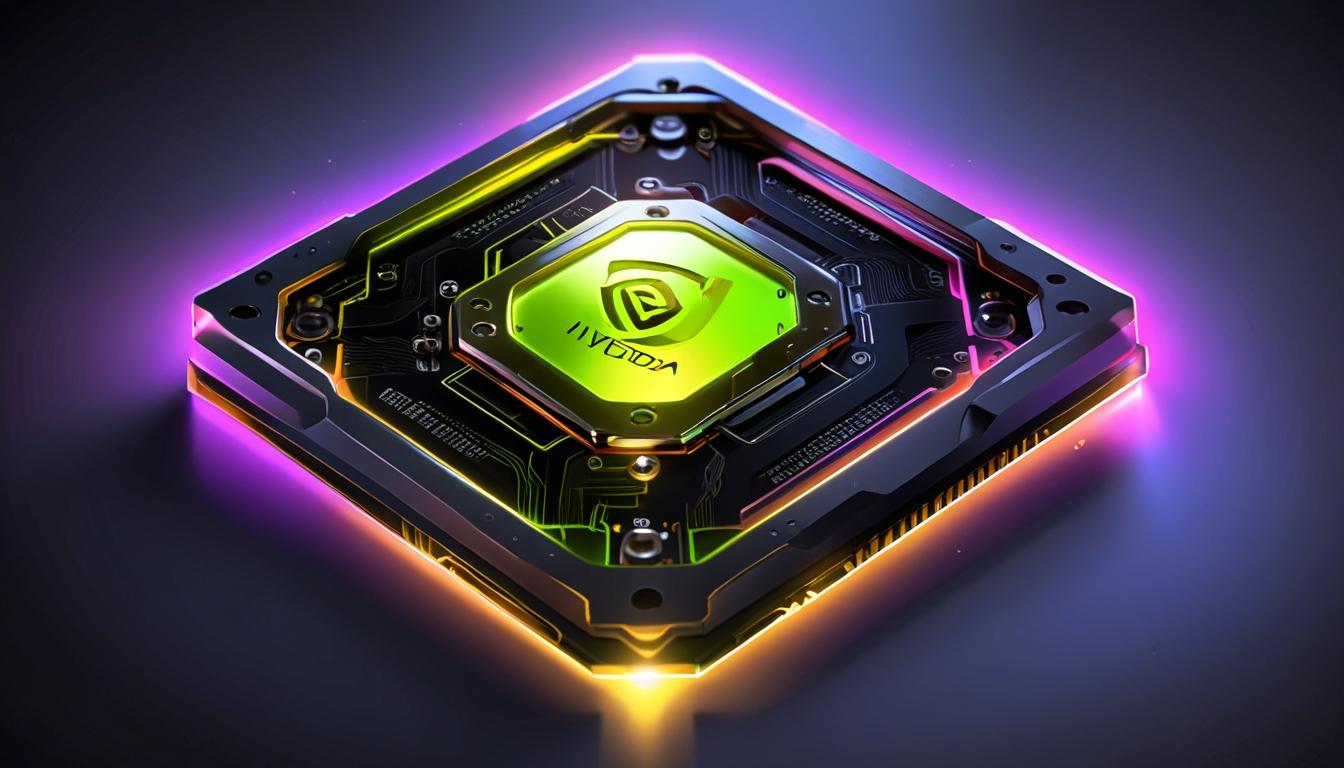The artificial intelligence (AI) sector is poised for substantial growth, with experts anticipating it to become a multitrillion-dollar industry within the next decade. According to projections from the United Nations Trade and Development Organization, the AI market is expected to surge from an estimated $189 billion in 2023 to about $4.8 trillion by 2033, signalling transformative opportunities in this rapidly evolving technology landscape.
Within this burgeoning industry, several companies stand out for their pivotal roles and investment potential. Leading the charge is Nvidia, a company that has become synonymous with the AI revolution due to its manufacturing of graphics processing units (GPUs). Unlike firms that develop AI products or services, Nvidia provides the essential hardware that powers the complex data processing involved in training and running AI models. The company holds an estimated 80% to 95% market share in AI-related GPUs, establishing it as a dominant force in the sector.
Nvidia’s competitive advantage is bolstered by its CUDA platform, which enables developers to tailor its chips for specific applications. This customisability has fostered high customer loyalty by integrating users deeply into Nvidia’s ecosystem of software and hardware. Despite its current stock trading at 18.4 times sales, which may appear high at first glance, this figure is below Nvidia’s average over the last five years. The company continues to demonstrate strong sales growth, making it an attractive long-term investment option for those interested in AI-related stocks.
In addition to Nvidia, the cloud computing giants Microsoft and Amazon have significant exposure to AI through their extensive cloud services platforms, Azure and Amazon Web Services (AWS), respectively. Both platforms are integral to the AI industry because they provide the scalable and flexible computing infrastructure necessary for deploying and testing AI applications. With AWS commanding about 30% of the cloud market and Azure about 24%, these divisions play crucial roles in supporting the AI ecosystem.
Microsoft and Amazon’s broader business operations mean their growth rates in AI may not match Nvidia’s rapid expansion. However, their diversified revenue streams result in lower stock valuations, which could adjust as their AI-focused cloud services continue to grow in prominence. As reported by The Motley Fool, these cloud platforms are not only critical for current AI developments but also position Microsoft and Amazon as central suppliers in the AI space for the foreseeable future.
When considering an investment of $1,000 into Nvidia, investors are advised to consider the broader context provided by The Motley Fool's Stock Advisor analyst team. While Nvidia was not among the latest top 10 picks for stocks to buy, its historic performance remains impressive. For example, previous recommendations from The Motley Fool have resulted in extraordinary returns, such as Nvidia’s stock generating over 600,000% gains for early investors since April 2005.
The Motley Fool reminds potential investors that the AI sector’s rapid expansion presents both opportunities and uncertainties. While Nvidia, Microsoft, and Amazon each occupy vital roles in the AI market—with Nvidia as a hardware leader and Microsoft and Amazon as cloud infrastructure providers—the dynamics of competition and innovation continue to evolve.
John Mackey, former CEO of Whole Foods Market (an Amazon subsidiary) and a member of The Motley Fool’s board of directors, exemplifies the interconnected nature of these companies within the technology and retail ecosystems. Meanwhile, Ryan Vanzo, a contributor, reported no personal holdings in the mentioned stocks at the time of publication.
As the AI industry advances over the coming years, investors and market watchers will be observing how these key players navigate the challenges and opportunities presented by this technology-driven transformation.
Source: Noah Wire Services
